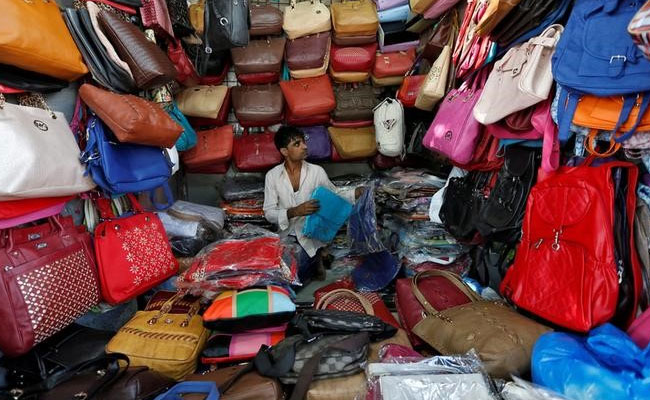Bribes, Borders And Middlemen: Why GST Is A Game Changer
The Goods and Services Tax (GST) would be PM Modi's most significant economic reform since coming to power in 2014.

The Goods and Services Tax (GST) is expected to bring down the prices of a number of items. (Reuters)Story Highlights
- GST will replace over a dozen other levies
- GST is India's biggest tax reform since Independence
- GST will be launched at midnight on June 30
Rolling a truck of vegetables into Gujarat, the state once governed by Prime Minister Narendra Modi, requires a bribe of 500 rupees to 2,000 rupees even with your papers in order, according to Rakesh Kaul, vice-president of Caravan Roadways Ltd., which has about 400 trucks plying India's pot-holed roads.
But getting past the state tax collectors into Uttar Pradesh, India's most populous state, will cost you more: Upwards of 20,000 rupees, Mr Kaul says. The penalty for not paying off the right people is steep fines from factories whose raw materials are stuck at state borders -- sometimes for as long as five days.
"Even if your documents are correct, they will find some small error and hold your vehicle," Kaul says in his New Delhi office, located in a dusty trucking depot where hundreds of drivers sit near their brightly painted trucks in the 42-degree Celsius (108-degrees Fahrenheit) heat. "Once GST is there, all that is gone."
Common Market



0 Comments